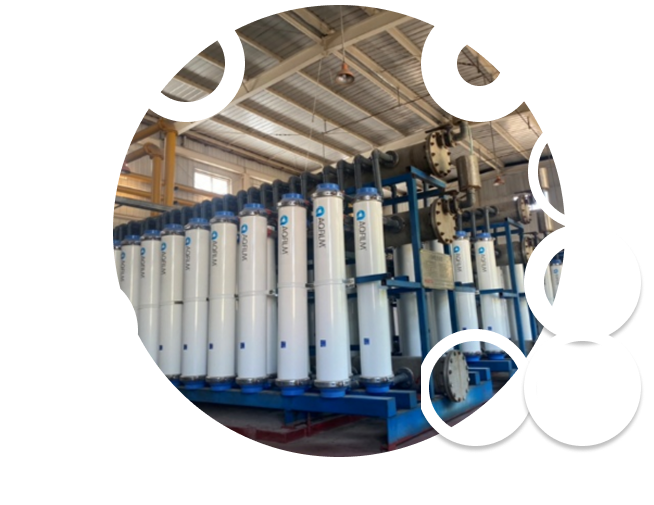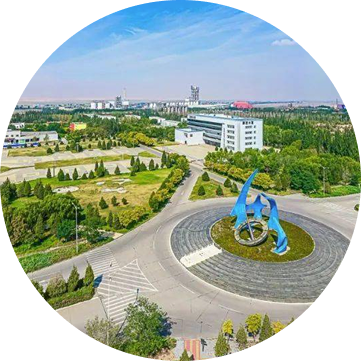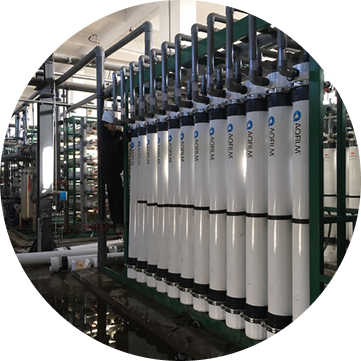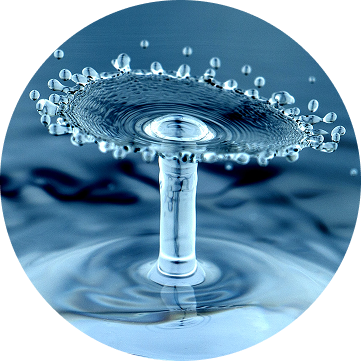Coking wastewater from an industrial park in Inner Mongolia



An industrial park located in Ordos City, Inner Mongolia, primarily focuses on modern coal chemical industry, new material industry, and fine chemical industry in its development zone. As industrial water accounts for a high proportion of the total water consumption while water resources are relatively scarce in the park, the reuse of coking wastewater can recycle treated water for industrial production. This approach improves water resource utilization and alleviates the pressure of water shortage.
Adopting TIPS Anti-Pollution Ultrafiltration Membrane AFC-D880
The selected AFC-D880 membrane with a molecular weight cutoff (MWCO) of 800 Daltons demonstrates excellent performance in completely removing suspended solids, turbidity, and achieving high-level chemical oxygen demand (COD) removal. These membranes exhibit high rejection rates for low-molecular-weight organic compounds and operate in a cross-flow mode at low transmembrane pressure, thereby reducing operational costs. Additionally, these membranes have a low tendency to foul, minimizing the need for extensive pretreatment and chemical dosing.One of the key factors in deciding to adopt the AFC-D880 membrane ultrafiltration technology is its low scaling tendency even under relatively high hardness conditions. This unique characteristic ensures the long-term effectiveness and efficiency of the membrane system, further enhancing its cost-effectiveness. After direct nanofiltration treatment, the processed water is transported to the factory's raw water tank for reuse. The ultrafiltration membrane system operates with high flux, and its compact footprint makes it an ideal solution for decentralized wastewater treatment and reuse technologies. The excellent performance of these membranes guarantees that the produced water meets the strict on-site water quality requirements.Another critical factor in the decision to use ultrafiltration membrane technology is its low scaling propensity even at relatively high hardness levels. This distinctive feature ensures the long-term efficacy and high efficiency of the membrane system, further improving its cost-benefit ratio.


With a treatment capacity of 12,000 tons per day, this project focuses on processing coking wastewater using TIPS anti-pollution ultrafiltration membranes. The system faces challenges such as significant water quality fluctuations, complex compositions, high toxicity, and severe membrane fouling. Over three years of operation, the Chemical Cleaning (CIP) cycle has been maintained at 15–30 days or longer, achieving the best performance in history.